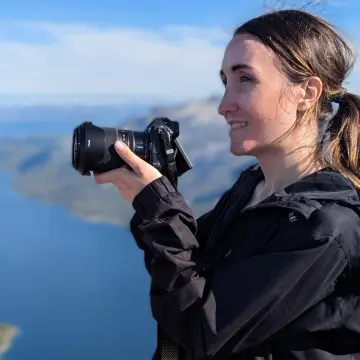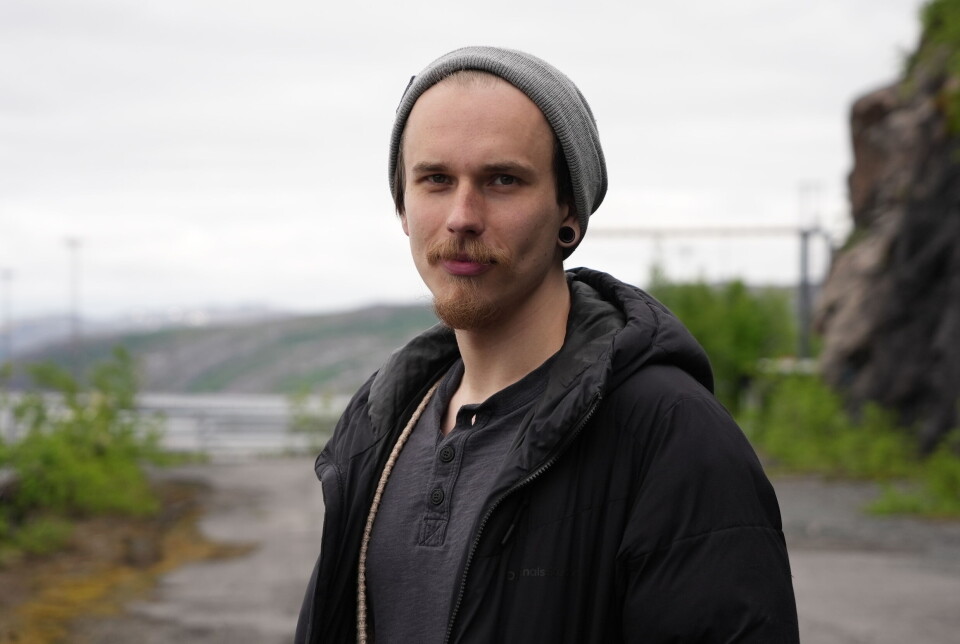
"Focusing solely on the interests of big powers in the Arctic is overly simplistic"
Miro Johansson travelled all the way from Helsinki to Kirkenes in his minivan to report for the Barents Observer. He is determined to share the stories of local communities.
Why did you decide to come over here to Kirkenes?
While studying for my Master's in Visual Journalism in Tampere University, where I also took courses on Arctic geopolitics, I suddenly became really interested in the subject. This is because I realized that the Arctic is an area of interest for Russia, the US, China and Europe.
The situation in the Arctic is paradoxical. On the one hand, there is a climate crisis and pristine nature that should not be disturbed; on the other hand, there are also critical materials that we need to become more sustainable and stop climate change in the future. The melting Arctic sea ice is opening up more shipping routes, and it's fascinating to see what's happening here.
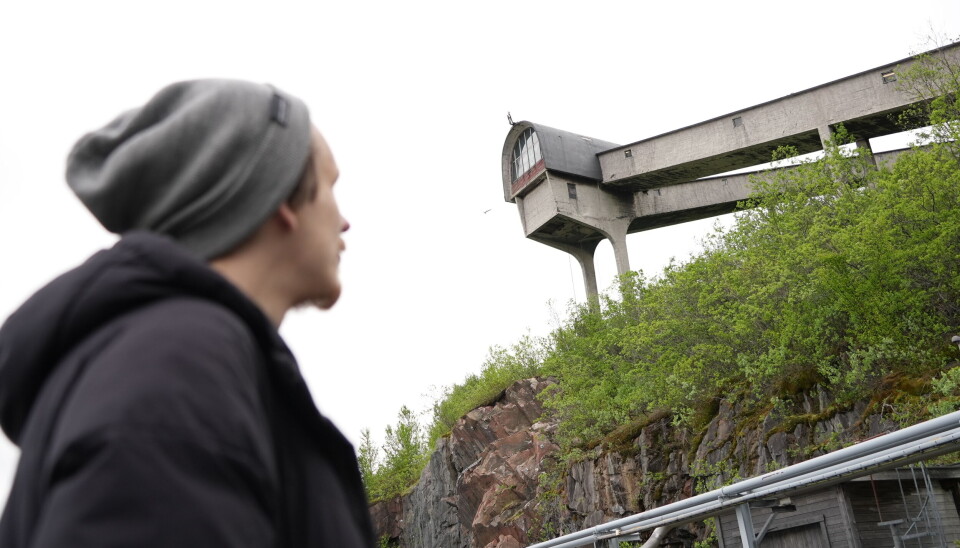
I am currently a staff news graphic designer at Hufvudstadsbladet, the largest Swedish-language newspaper in Finland. But I received a grant from the Swedish Cultural Foundation in Finland to be able to come to Kirkenes for two months.
Its location right on the border with Russia also adds to its uniqueness, I suppose?
Yes, I find this aspect of being here very interesting. Even though we are far away from Ukraine, there is a realisation that Russia is an aggressor that breaks international law. At the same time, in this border area, you can see that cooperation with Russia still exists.
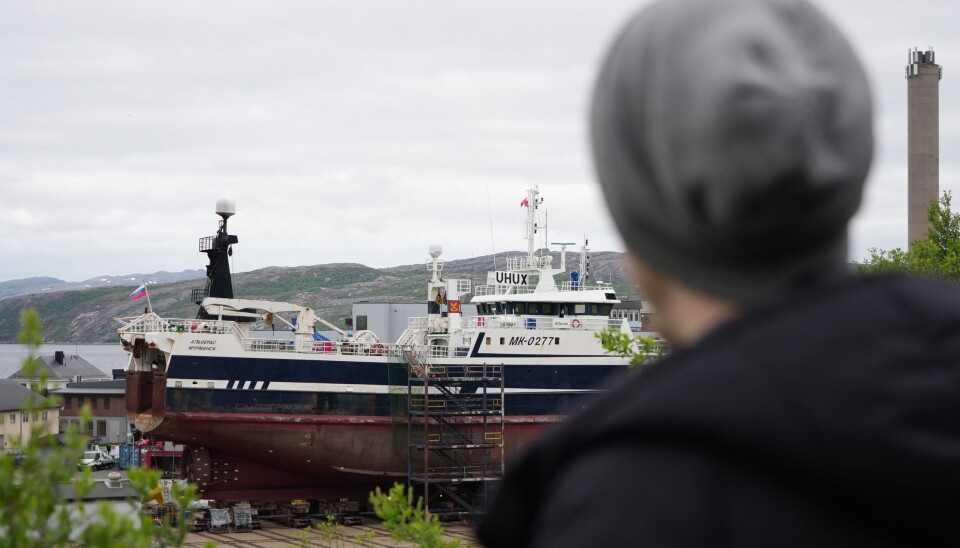
I'm not saying that the cooperation is working now, but there are more open questions about what to do with it all. The West or the EU doesn't want anything to do with Russia, which also affects people, businesses and everything happening in border areas like Kirkenes. As a journalist, I’m interested in covering this kind of situation.
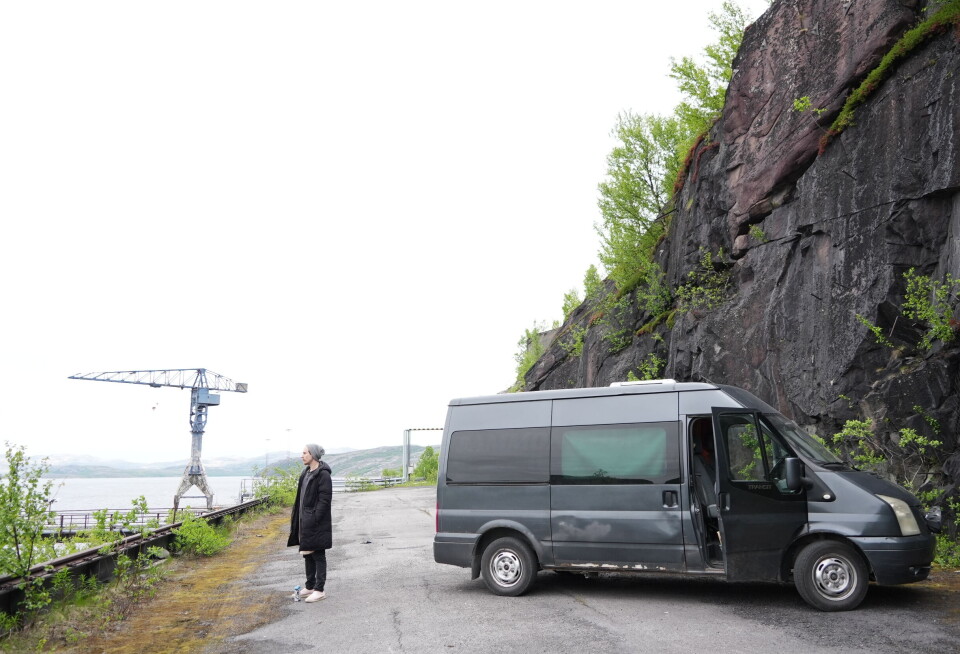
You are from Finland, which also borders Russia. What is the view of its eastern neighbour like there?
I could see that the border closure between Finland and Russia had affected all the border towns in Finland. But in northern Norway, there is still some cooperation with Russia. For instance, Russian fishing vessels can still dock here.
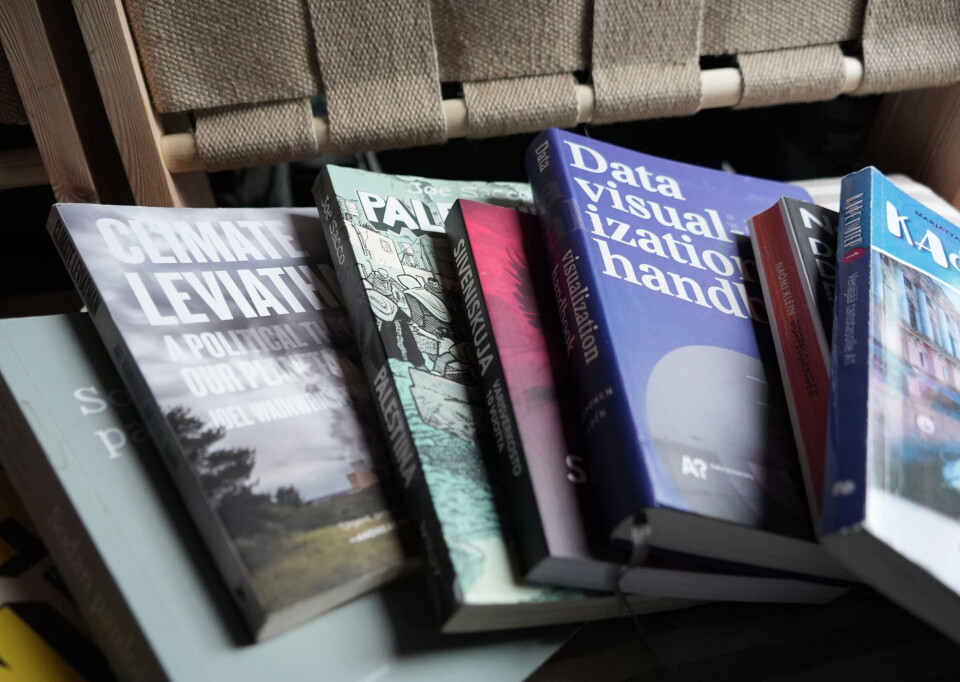
I think Russia has always been seen as a big threat in Finland. Norway, on the other hand, has historically had a more friendly and cooperative relationship with Russia. It would be interesting to learn more about this. In Finland, I think the consensus is that we shouldn't do anything with Russia now. Here, I think it's hard to completely close the border or stop all cooperation. It's interesting.
What kind of stories would you most like to cover?
I'm interested in climate change issues and stories focusing on grassroots local communities.
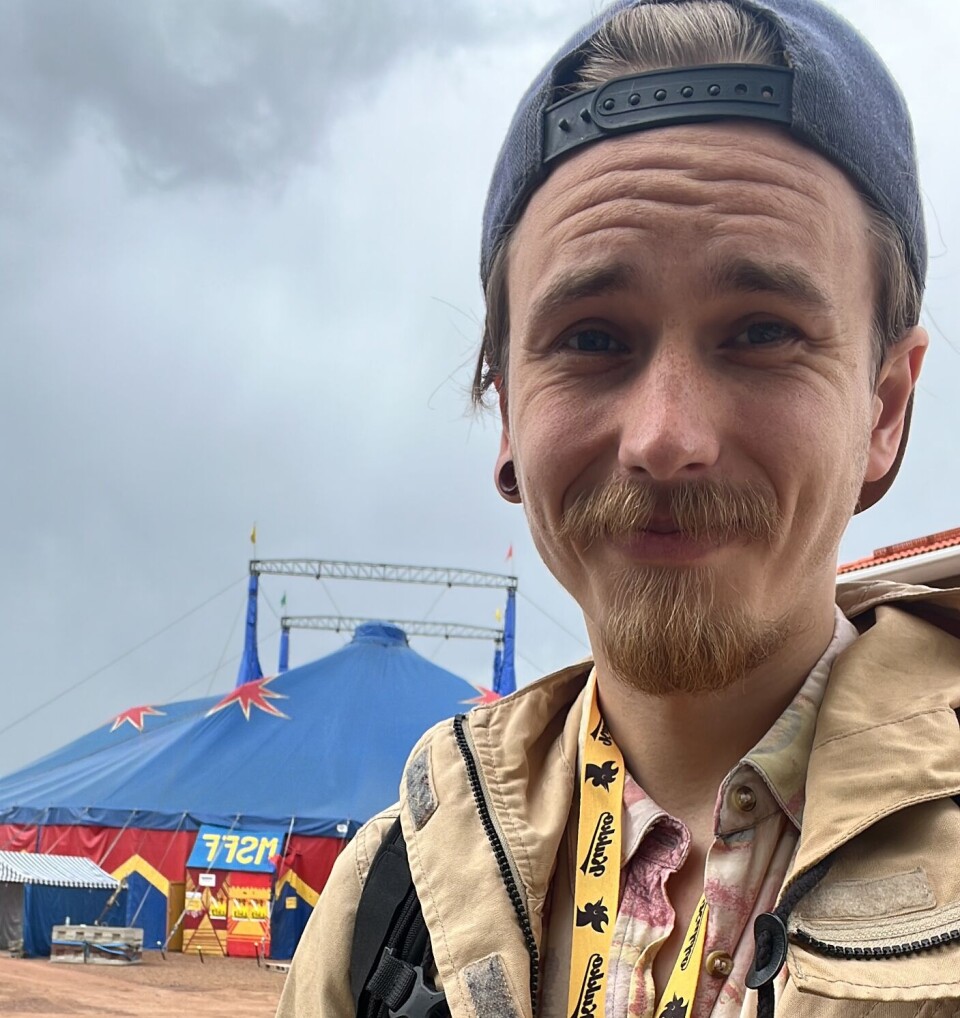
There is for example a lot of activism and climate actions happening. I’d like to cover how these are connected to global politics. Reporting only on the interests of big powers often simplifies the story of the Arctic. The Arctic is also a very broad concept. I’ve mostly followed the European Arctic, specifically the Barents region, where the focus is on Russia and the Nordic countries.
On the way to Kirkenes I stopped at a film festival in the Finnish town of Sodankylä. Nearby, there is also a nature reserve where people are protesting a mining project. These were my first two reports for the Barents Observer.
I see you're living in a van here. Why don't you rent an apartment instead?
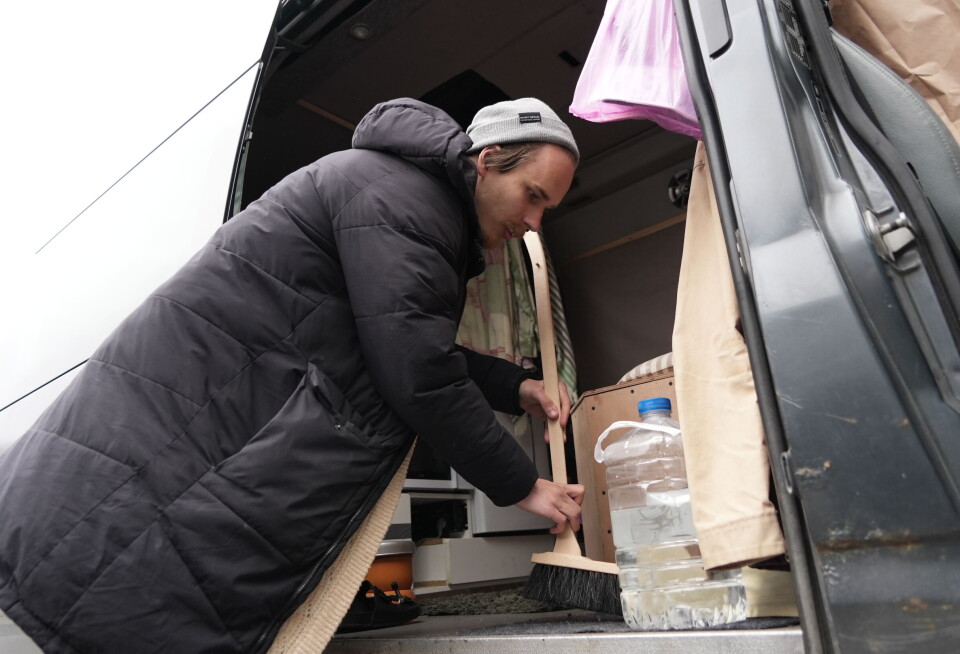
I love the freedom that comes with living in a van. Why would I need an apartment? I use the office bathroom for showering. I’m vegan, so I don’t need to store any animal products. At the moment, I have tofu, dry lentils and oats. I use solar panels to generate energy.
After work, I usually drive away from the car park to a more remote place for privacy – it's more convenient to cook food with the gas stove there, for example. But maybe at some point I will move into an apartment – when I run out of clean clothes and need a washing machine. (laughs)
Why did you choose to become vegan?
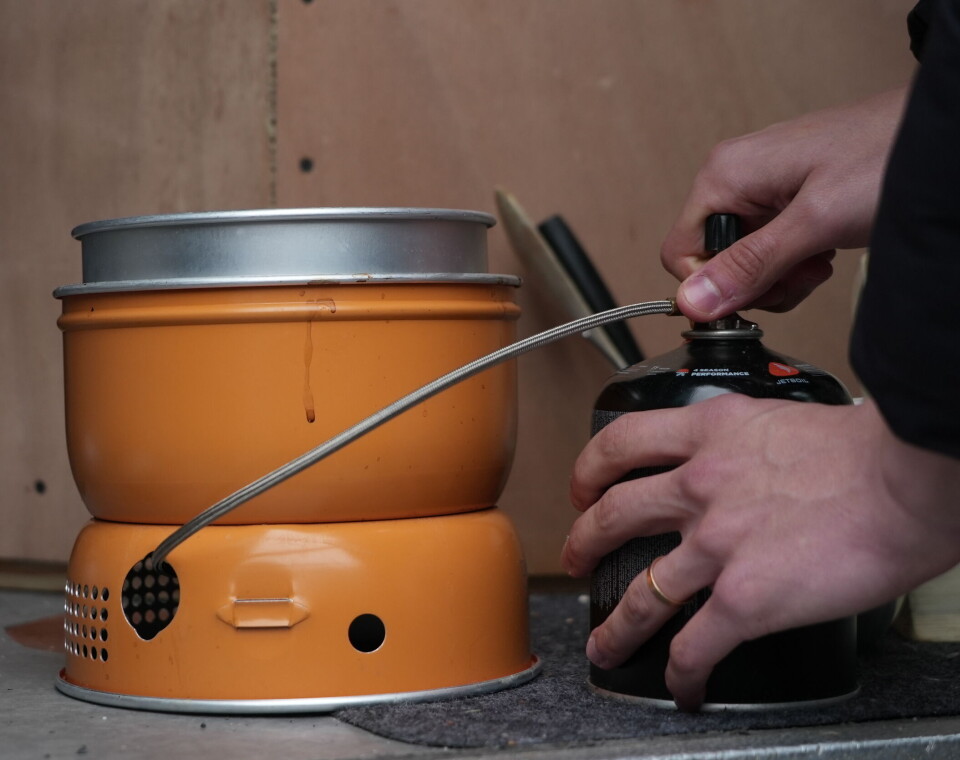
I think the main reason was the climate change issue. From an environmental perspective, the whole process of raising animals for agriculture is not very sustainable. Since becoming vegan, animal welfare has become increasingly important to me. I don't eat meat, fish, dairy or eggs. I feel great — I even jogged 7 km around town today.

